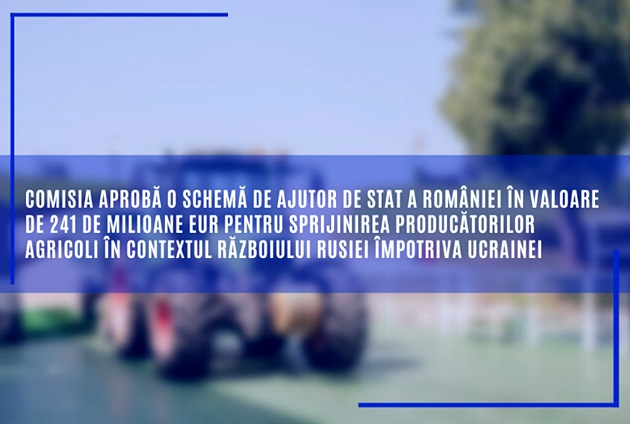939

The European Commission is seeking ways to allow Eastern EU member states to restrict agricultural imports from Ukraine as it extends trade liberalization with Kyiv for another year until June 2025.
Justified protests
The EU suspended import duties, quotas, and trade defense measures for imports from Ukraine since June 2022 to support its economy after Russia's invasion.
However, the cheap exports of Ukrainian cereals have sparked protests from neighboring countries' governments, farmers, and truckers, such as Poland and Hungary.
EU Trade Commissioner Valdis Dombrovskis said the Commission is about to present a proposal for the new period until June 2025, taking into account the sensitivities of the agricultural sectors in the bloc's Eastern member states.
The existing arrangement includes safeguards, but these apply only if the entire EU market is affected.
"We are looking into the best ways to do this, including the possibility of having safeguards not only in the case of disruptions to the EU market as a whole but also in the case of disruptions in a single member state or in a few member states," Dombrovskis told reporters ahead of a meeting of EU trade ministers.
Protecting products
The EU trade chief said the Commission is considering how to protect the most sensitive products, adding that he discussed the issue with agriculture ministers from Poland and Hungary in the last 24 hours.
A EU diplomat said the plan would allow affected EU members to take swift action for the first four months, subject to an assessment by the Commission within three weeks. Ukraine would also be encouraged to align more closely with EU standards.
Earlier, Hungarian Foreign Minister Peter Szijjarto said the influx of cheap Ukrainian cereals had "destroyed" markets in Central Europe.
"We have banned the import of Ukrainian cereals and some agricultural products. We would like to maintain this measure. We would like to return to the initial agreement, which was to ensure the transit of Ukrainian cereals," he said.
Until mid-September last year, the EU allowed five countries - Bulgaria, Hungary, Poland, Romania, and Slovakia - to ban domestic sales of Ukrainian wheat, corn, rapeseed, and sunflower seeds while allowing them to transit for export elsewhere. (Photo: Freepik)




